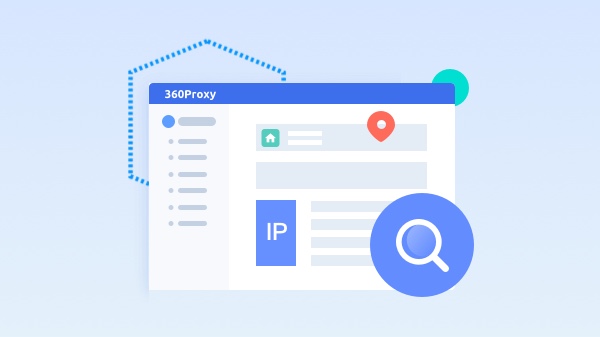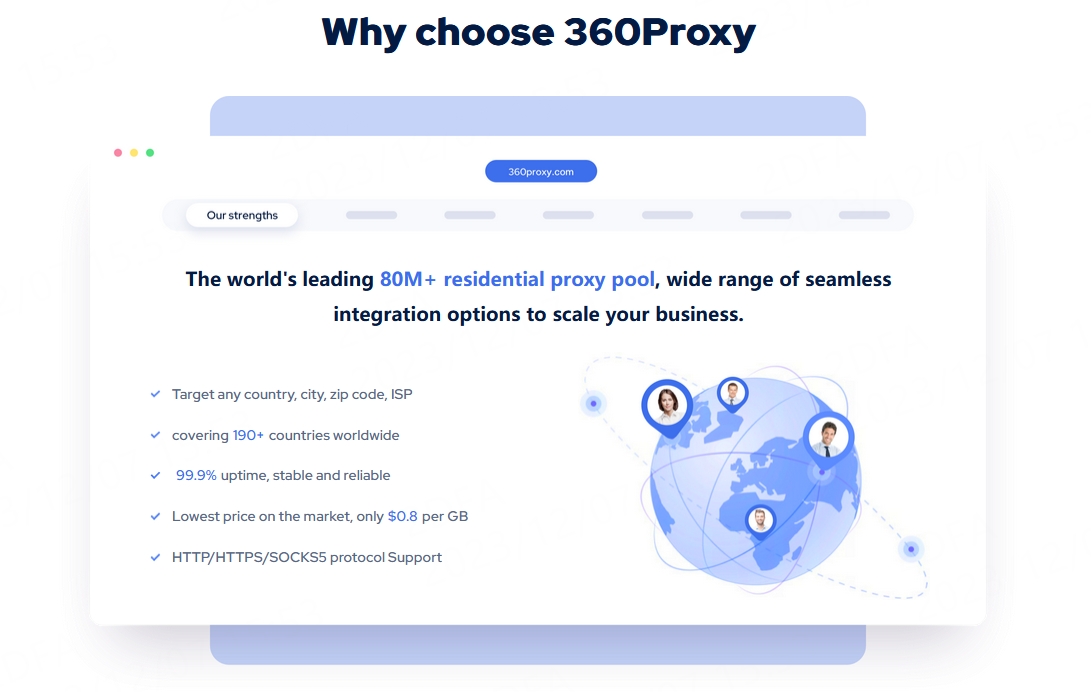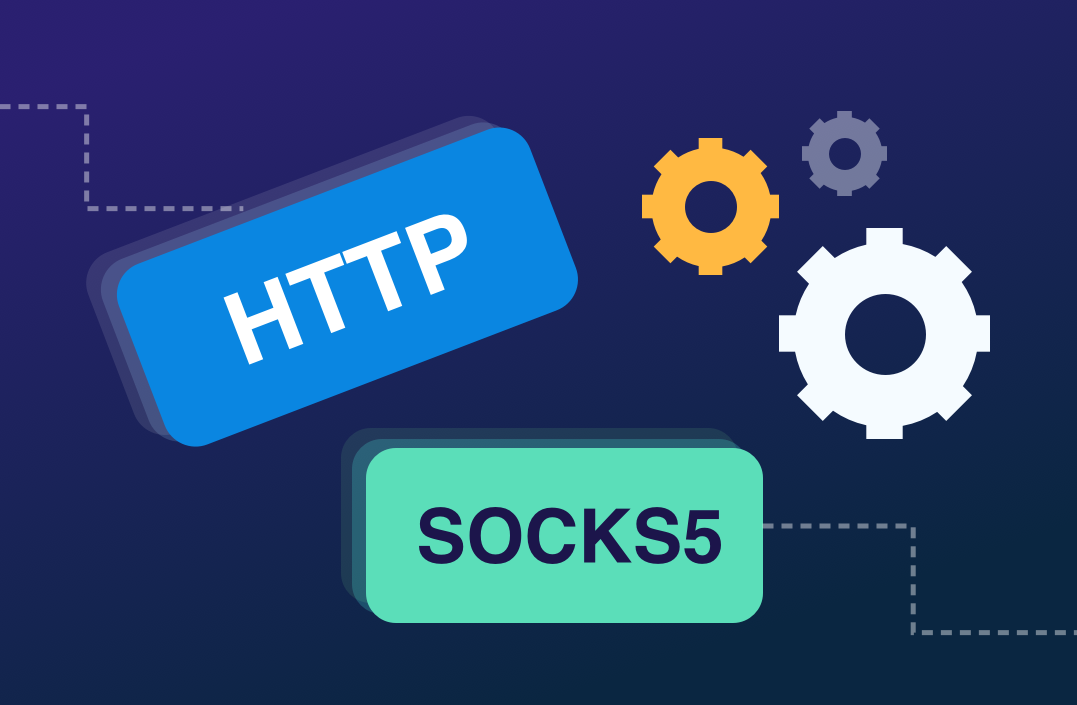In the Internet data era, the security and concealment of data transmission are very important.
Since the rapid development of the Internet in the past few years, many transmission protocols have been spawned, among which the residential proxy HTTP and SOCKS5 protocols are particularly common. Let us take a look at the differences between the two protocols.

What is the HTTP protocol?
HTTP (Hypertext Transfer Protocol) is a protocol used to transmit hypertext. The HTTP protocol is mainly used to request and respond to resources such as Web pages, images, files, etc. An HTTP proxy is a specific type of proxy that is specifically used to proxy HTTP protocol requests. The client sends an HTTP request to the HTTP proxy server, and the proxy server forwards the request to the target server and returns the response to the client.
What is the Socks5 protocol?
SOCKS5 (Socket Secure 5) is a network protocol. The SOCKS5 proxy protocol can be said to be an enhancement of the HTTP proxy protocol. It not only proxies the HTTP protocol, but also proxies all outgoing connections. There are no protocol restrictions. ; In other words, as long as you connect to the outside, it will proxy you, no matter what protocol you use, which greatly makes up for the shortcomings of the HTTP proxy protocol, making many network software that cannot be used in the case of HTTP proxy Ready to use.

The difference between HTTP and SOCKS5 and protocols:
Functionality:
The HTTP proxy protocol should only be used to proxy HTTP protocol requests; the client needs to send an HTTP request to the proxy server, and then the proxy server issues a request to the target server.
The SOCKS5 protocol is a universal proxy protocol that supports proxies for all network protocols and can forward various network traffic to the target server.
Compatibility:
HTTP proxy only supports processing HTTP requests.
SOCKS5 is a universal proxy protocol that is compatible with a variety of applications and network protocols.
Security:
HTTP proxy, client and server exchange information through the proxy itself, which acts as a middleman between the two web-based interfaces.
SOCKS5 proxies cannot read the data passed between client and server and are very secure due to their directness and transparency.
Safety level:
In the HTTP protocol, the proxy server does not know the client's real IP address, which makes it easy for cyber hackers to use it as a target for the proxy server. However, the SOCKS5 protocol uses the source address of the proxy server instead of the user's IP address, which greatly improves security.
Therefore, there are differences in security between residential proxy HTTP and SOCKS5 protocols. If your website is not secure, it is recommended to use the SOCKS5 protocol. If you use HTTP protocol, you need to use a residential proxy to protect your privacy and ensure the security of your website.
Transmission speed:
The Socks5 proxy uses the TCP protocol, which has better stability than the UDP protocol of the HTTP proxy. In addition, socks5 proxy also supports more connection methods, such as single connection, multiple connections, etc., which can better meet the needs of different users. The socks5 proxy uses the TCP protocol, which can effectively reduce network delays and slow data transmission speeds. Therefore, the socks5 proxy is relatively fast when the network environment is good.

To sum up, the HTTP proxy protocol is more focused on handling the usage scenarios of the HTTP protocol; the SOCKS5 protocol is more flexible and faster, and has more advantages in compatibility and security; in general, the two proxy protocols have advantages and disadvantages. Investors can choose a verified proxy agreement based on their specific needs. 360Proxy is a professional residential proxy that provides real residential proxy address services; supports SOCKS5 protocol and HTTP/s protocol; and has a high proxy IP connection success rate of 99%, so that your real IP is always hidden.
 Username: Password
Username: Password
 Whitelist IP
Whitelist IP
 Proxy Manager
Proxy Manager
 Google Chrome Extension
Google Chrome Extension





























 Dashboard
Dashboard Sign Out
Sign Out
































 USA
USA France
France Brazil
Brazil Vietnam
Vietnam Spain
Spain









